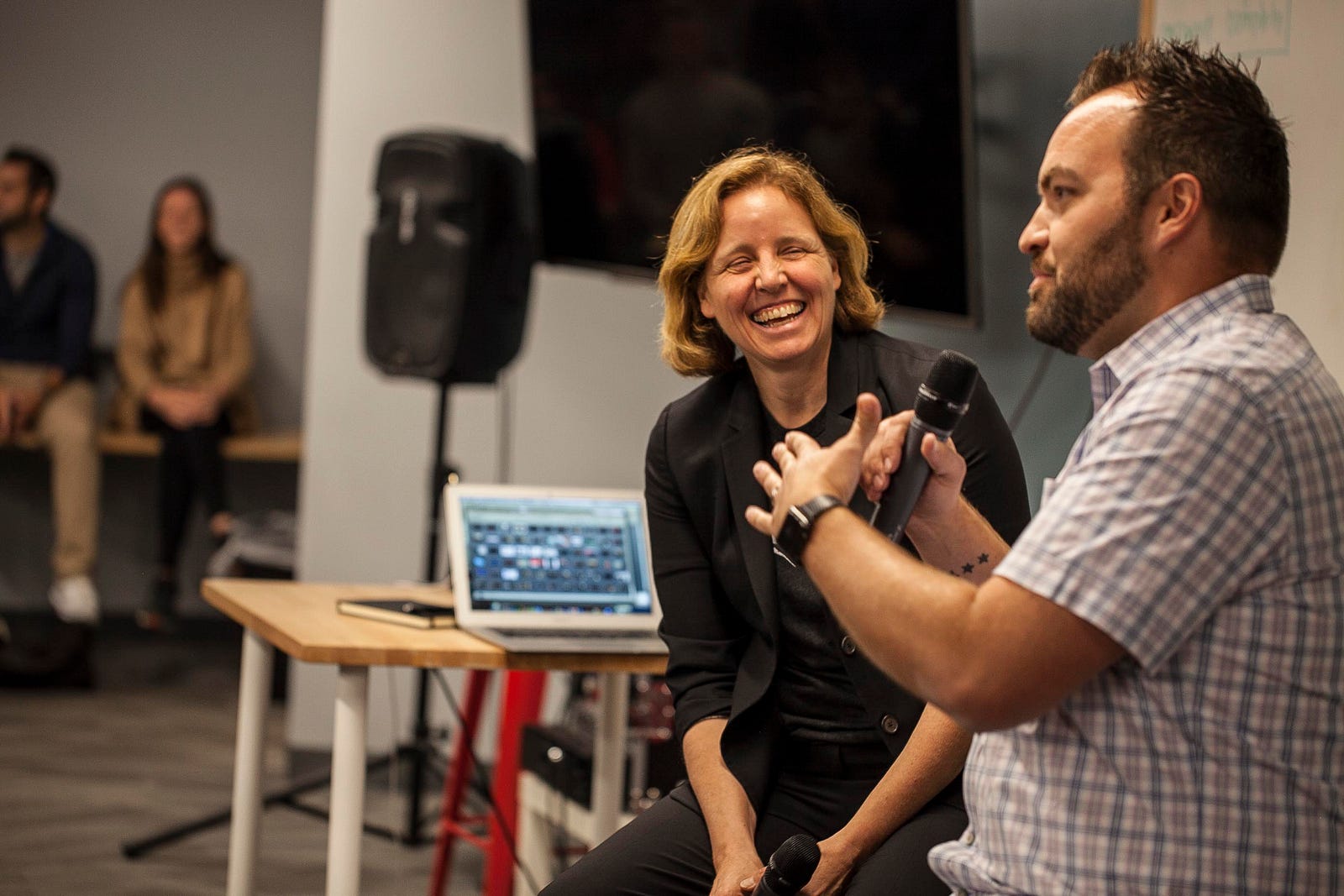Other People's Money
In 2007, I had the privilege of co-founding a small public charter school. We had great support from our local community and financial support from folks like the Gates Foundation. What I didn’t realize, coming in, is what the strings would feel like.
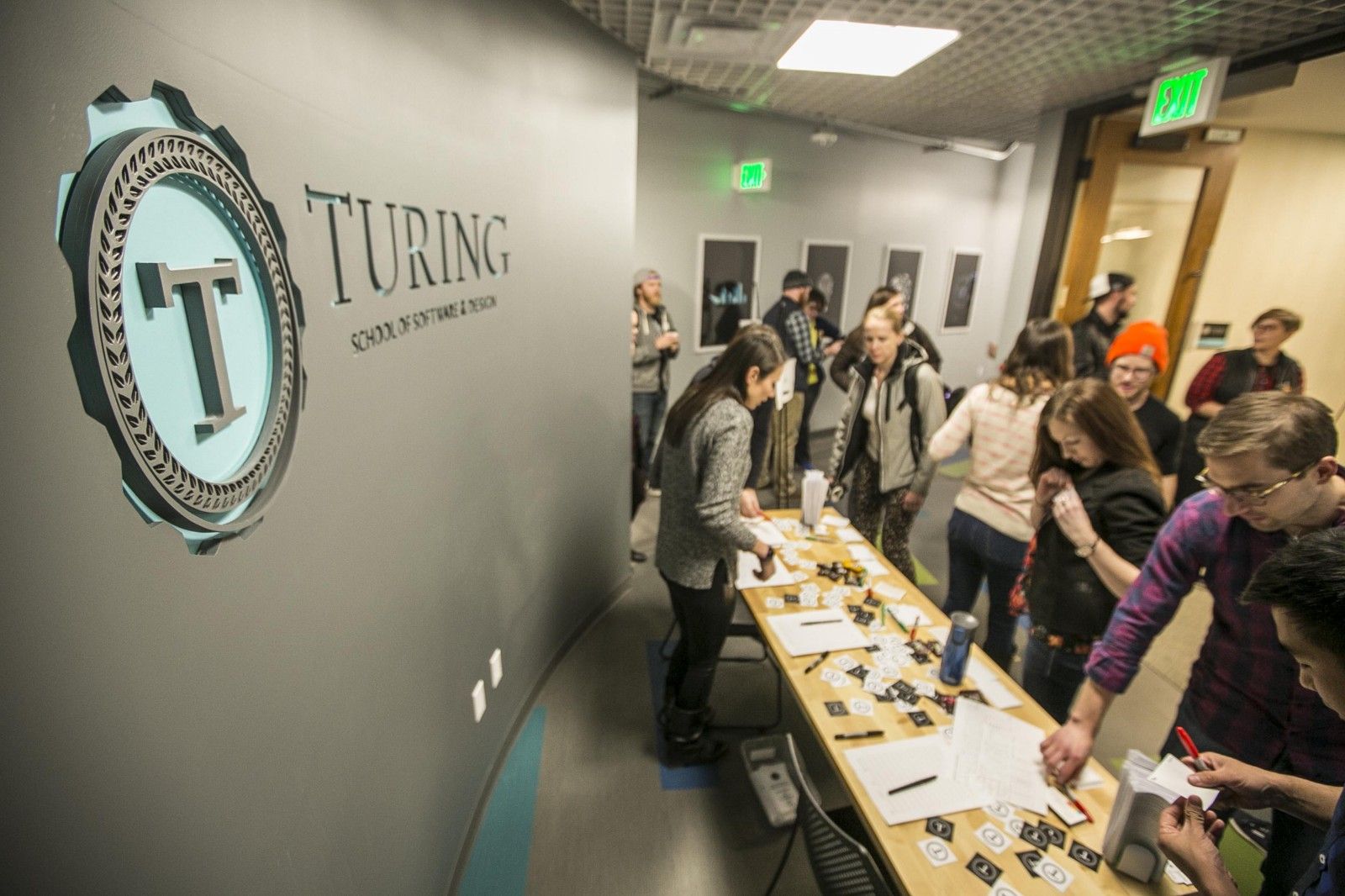
In 2007, I had the privilege of co-founding a small public charter school. We had great support from our local community and financial support from folks like the Gates Foundation.
What I didn’t realize, coming in, is what the strings would feel like. When you take big foundation money, you agree to participate in X training. You agree to use Y software. You agree to report Z data. The foundations want to try and mitigate risk and ensure their money fulfills its purpose. But when X, Y, or Z don’t line up with the organizational priorities, it feels like you’re just checking the box and adding inefficiencies. Back at the school, I built a “Student Information System” on the fly that was a better fit for our needs than the Gates-mandated SIS system — then I automated data export/import to make it look like we were using the required system.
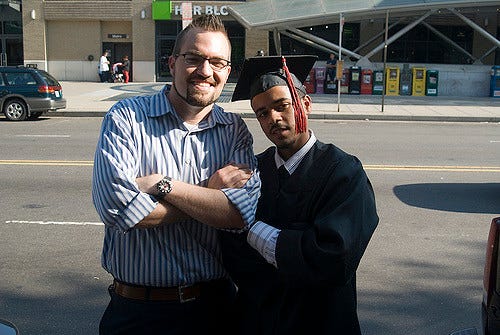
When I moved out to Denver to start a developer training program, I was scared about money. I wanted to focus on education, not on finances. My new partners offered to make it easy: I’d do the educating, they’d run the business. It sounded perfect. After just a few months, I realized it wasn’t. Our long-term goals weren’t aligned and I was back in the position of feeling tied up.
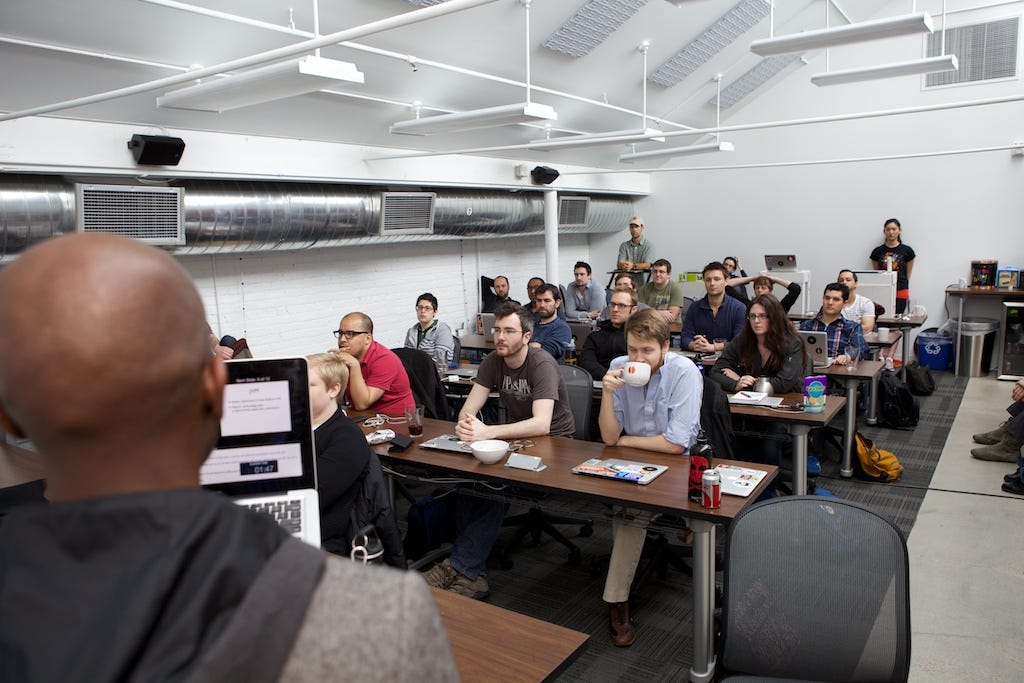
When we launched Turing in the Spring of 2014, the financial model was simple: let’s build a school that is solely reliant on student tuition. If we do right by our students, they’ll succeed in their careers, leading to more students — a virtuous cycle where students would keep enrolling and money would keep coming in. Because there’d be no one else to answer to, there’d never be competition in our priorities; the only thing that’d matter is student success.
That sounds simple, maybe even obvious — but it’s been incredibly difficult. We decided to build Turing as a non-profit, which meant we couldn’t have investors. Our startup capital was my business Amex — you get 30 days to pay them back or they lock the account. I’d quickly learn that banks won’t lend money to non-profits because the loans can’t be backed by the Small Business Administration. So we were on our own.
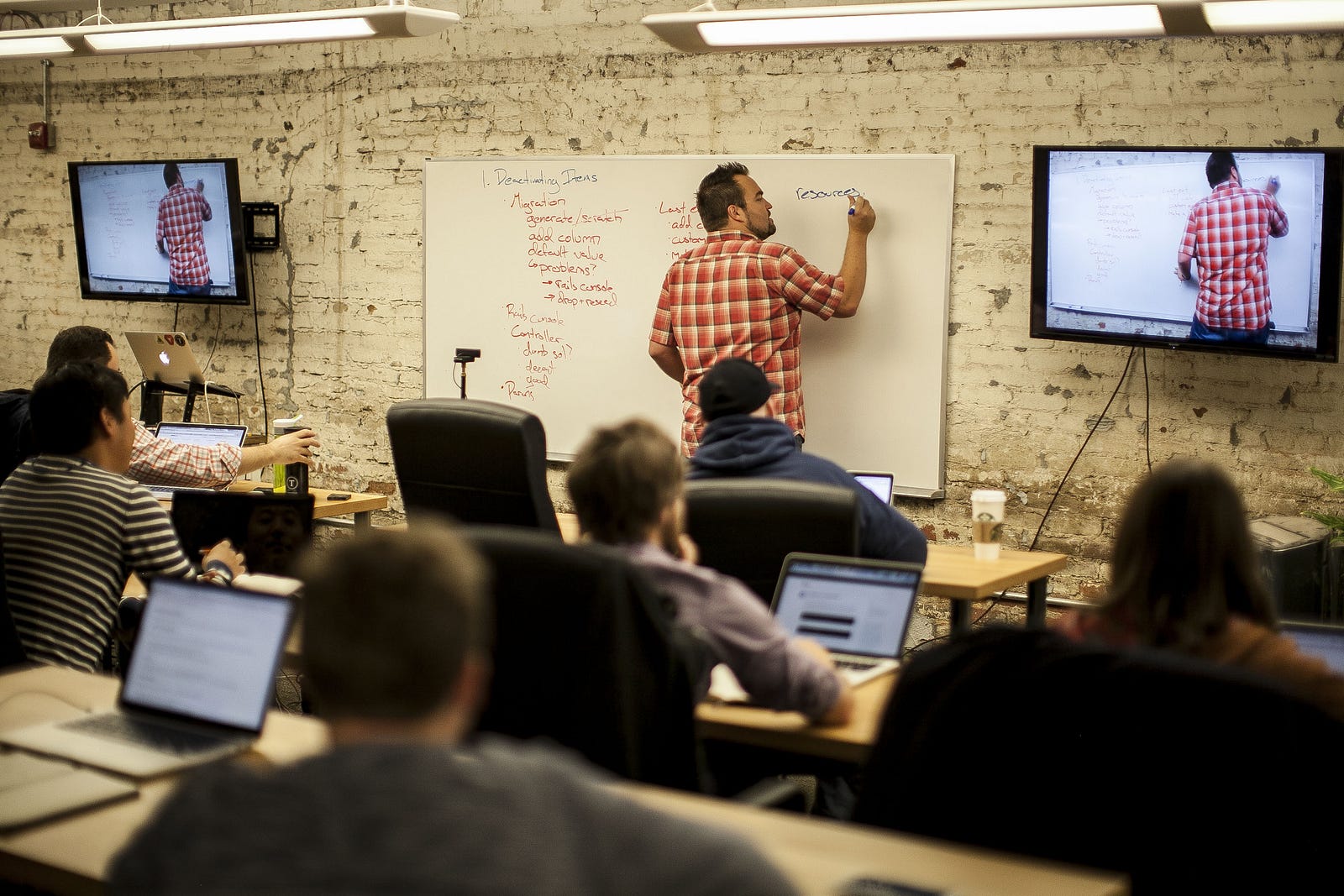
Over the years we’ve had some amazing friends help us through the hardest times. We bring in tuition money and we spend it on labor. But when enrollment takes a dip, you don’t have the money you need. 2017 was an exhausting year, as industry-wide we saw decreases in student enrollment. DevBootcamp shut down. The Iron Yard shut down. Others downsized and changed leadership. We fought and scraped. We peeked over the abyss and said “we’ve worked too hard to give up now.”
That’s the power of independence. We are in charge of our own risk. If we serve our students it’ll all work out. We have a track record now — some 600+ graduates — that prove we know what we’re doing.
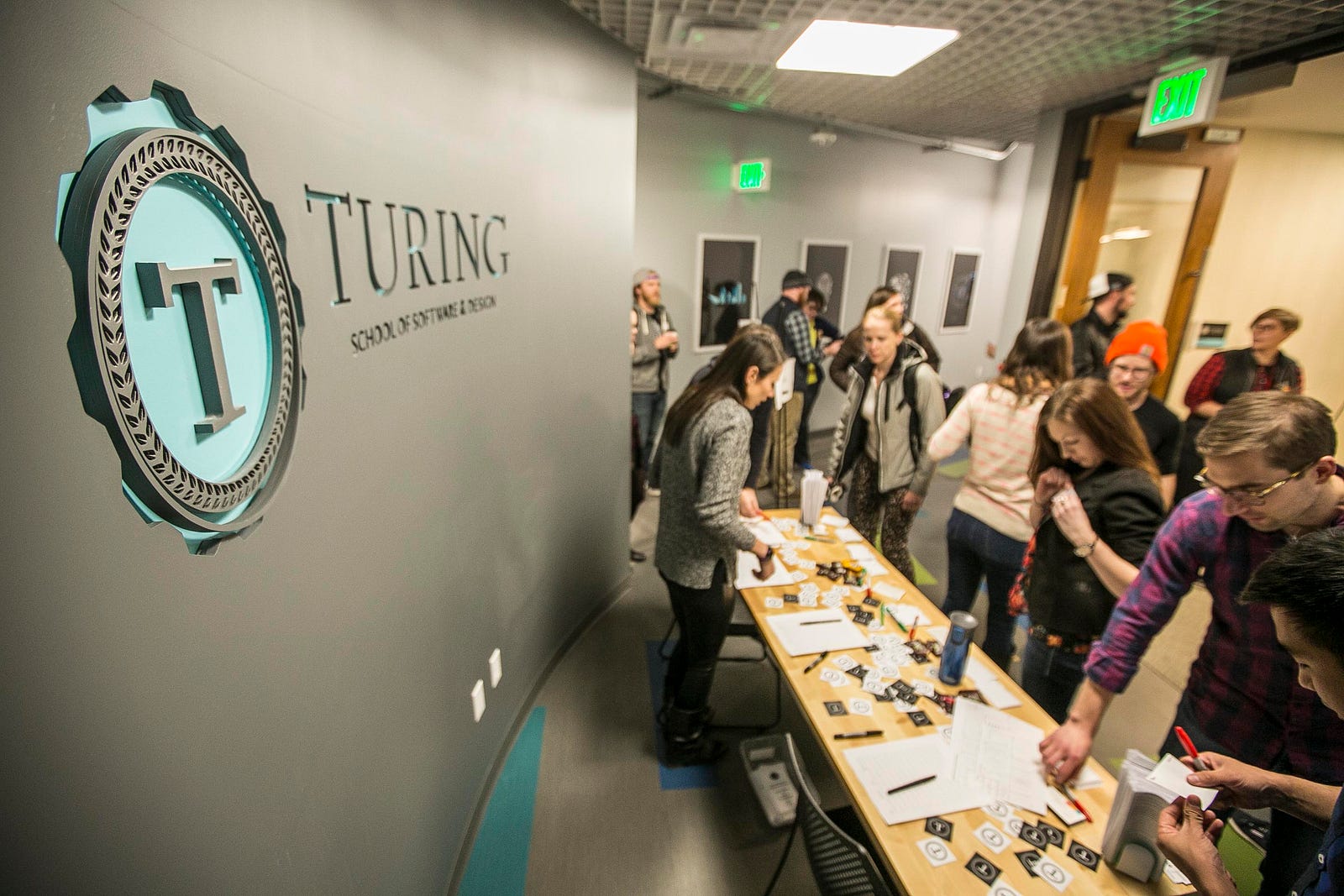
As we enter 2018, we can safely start to mix in outside money. No one can push us around or tell us how things should be done. We’re the model. Our results set the gold standard.
Up to this point, our total charitable fundraising across three years adds up to $3000, mostly from a single alum. But now there’s the potential to do more. We’ve always offered a diversity scholarship, but now we want to increase the number per semester from two to four. Even those small scholarships cost us $112,000/year.
We want to grow our K-12 outreach work and push into high schools, even though there’s no real way to generate revenue. We want to grow our support for students and alums to go speak at conferences while we cover the costs. We want to offer more free night and weekend classes to help people discover a passion for building. We want to offer more support services to ensure that our students are radically successful.
All of those efforts will rely on outside money. We’re ready, now, to say with confidence:
- We’ve proven we know how to serve students
- We’ve proven we know how to run an organization
- We are ready to spread our influence to a broader community
Our mission is to unlock human potential by training a diverse, inclusive student body to succeed in high-fulfillment technical careers — and it’s working.
If you’d like to help us accelerate and broaden this change, we’d love your financial support. As a 501(c)(3) your contributions to Turing are tax deductible. I promise that every dollar will go to its highest and best use for the benefit of people working incredibly hard to change their lives. Thank you!
If you'd like to join our diverse and inclusive student body, start your application today.
I’m Jeff Casimir, the founder and Executive Director of the Turing School of Software & Design. I worry about money so other people don’t have to.
